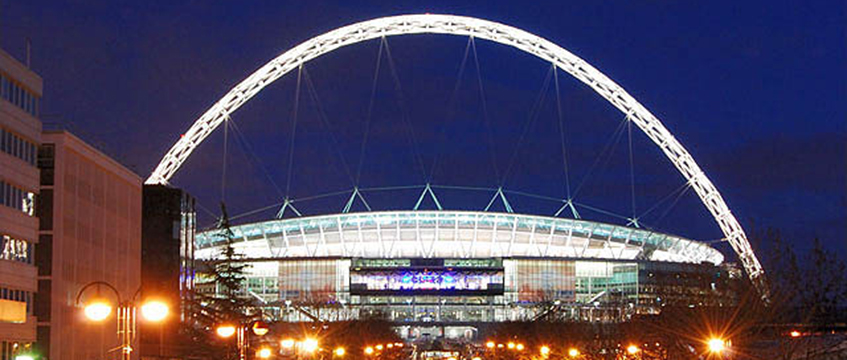Wembley primary school loses planning battle over fundraiser car park
A London primary school that has been raising funds by allowing visitors to Wembley Stadium to use its playground as a car park on event days has found itself embroiled in a lengthy planning battle.
In a judgment at the High Court in London this week, a planning judge dismissed an earlier ruling that allowed the fundraising scheme, and said that a planning inspector must reconsider whether parking should be allowed.
The school, Oakington Manor Primary School, says that it has been using land on the school as car parking for events for 20 years.
A London primary school that has been raising funds by allowing visitors to Wembley Stadium to use its playground as a car park on event days has found itself embroiled in a lengthy planning battle.
In a judgment at the High Court in London this week, a planning judge dismissed an earlier ruling that allowed the fundraising scheme, and said that a planning inspector must reconsider whether parking should be allowed.
The school, Oakington Manor Primary School, says that it has been using land on the school as car parking for events for 20 years.
The school has been charging £10 for a day of parking, with volunteers collecting the money in buckets.
However, in April 2017 the London Borough of Brent issued the school with an enforcement notice telling it to stop.
The notice said that this was an unauthorised breach of planning control as the school was only authorised to allow parking “that is ancillary to the use as a school”.
The school appealed against the decision to a planning inspector, who held a planning inquiry. To win the case, the council needed to prove that the so-called “material change of use” took place less than 10 years before they issued their enforcement notice.
In November, the inspector ruled that, as the school had been offering parking for more than 10 years, the material change of use occurred outside of the 10-year limit, so the council could not stop the school from using its land as a car park.
However, in this week’s ruling, High Court judge Neil Cameron QC said the planning inspector had made a mistake.
The inspector, he ruled, hadn’t properly considered an important part of the council’s argument. Lawyers for the council had argued that, even though the school might have been allowing parking on its premises for more than 10 years, the “material change of use” occurred within the 10-year window.
This is because the stadium was closed between October 2000 and May 2007, meaning that there could not have been significant car parking taking place during that period.
They said that there was very little parking taking place between 2007 and 2009, and that parking “intensified” in 2016/17 when Tottenham Hotspur started playing football matches at the stadium.
They therefore argued that, because of “intensification”, the material change of use occurred within the 10-year window.
In his ruling, the High Court judge agreed that the planning inspector “failed to grapple” with that argument, and ruled that the case should be sent to another planning inspector who will reconsider the issue.
The London Borough of Brent — and — the Secretary of State for Housing, Communities and Local Government
Administrative Court (Neil Cameron QC sitting as a Deputy High Court Judge), 10 June 2019
Dr Ashley Bowes (instructed by Prospect Law) acted for the appellant. Mark Westmoreland Smith (instructed by the Government Legal Department) acted for the first respondent. Matthew Henderson (instructed by Browne Jacobson) acted for the second respondent.











